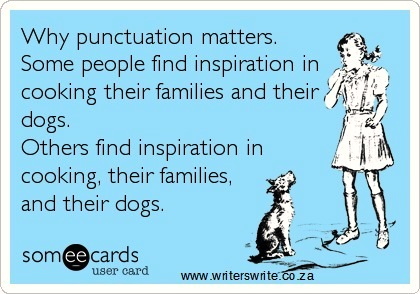This is a question that Gatsby desperately needs to be answered. Captivated by the sweet memories of Daisy inside his head, Gatsby has created a romantic fantasy for himself that is simply unattainable in the real world. When he finally meets Daisy after adding to "the colossal vitality of his illusion" (Fitzgerald 95) for five long years, he is dismayed to realize that the real Daisy does not equate to the Daisy he devised in his dreams. However, what he doesn't realize is that this discrepancy is due not to Daisy's ineptitude, but to his own naiveté for romanticizing the past. "No amount of fire or freshness can challenge what a man will store up in his ghostly heart" (Fitzgerald 96).
Sadly, Gatsby is not the only one who faces this break with reality - people are letting their own minds break their own hearts all the time. A certain human once said to me: "Things change, and people change." He is right. As young adults especially, we cannot expect life as we know it to remain a constant, or for the people we'll know tomorrow to remain the people we know today. That being said, the root of the problem is that people are unaware of or simply unable to accept the change that is taking place around them.
When something of great sentimental value happens to us, it is forever stamped into our memory. It is the absolute peak of the relationship, and as that cherished moment floats around constantly in our heads, often times we do not realize that the relationship is actually going downhill outside of our ignorant, unrestricted brains. Every negative reality is cancelled out or justified by simply recollecting that peak moment of happiness, and we fool ourselves with the deadly hope that whatever happiness we experienced will, in fact, happen again. Unfortunately, when reality - that things have changed - finally hits us, the damage has already been done. We will never be able to recover those long hours wasted dreaming about, well, nothing.
So what is the problem? The problem is that by holding on too tightly to a memory from the past, we are not setting the stage for a better future, but closing the door to happier opportunities that we never thought possible. We cannot, like Gatsby, expect Daisy to leave her husband and marry himself instead, "just as if it were five years ago" (Fitzgerald 109). If we do, we are only setting ourselves up for disappointment and letting our own imaginations deceive us. Thus, I believe this calls for an Elsa moment.






